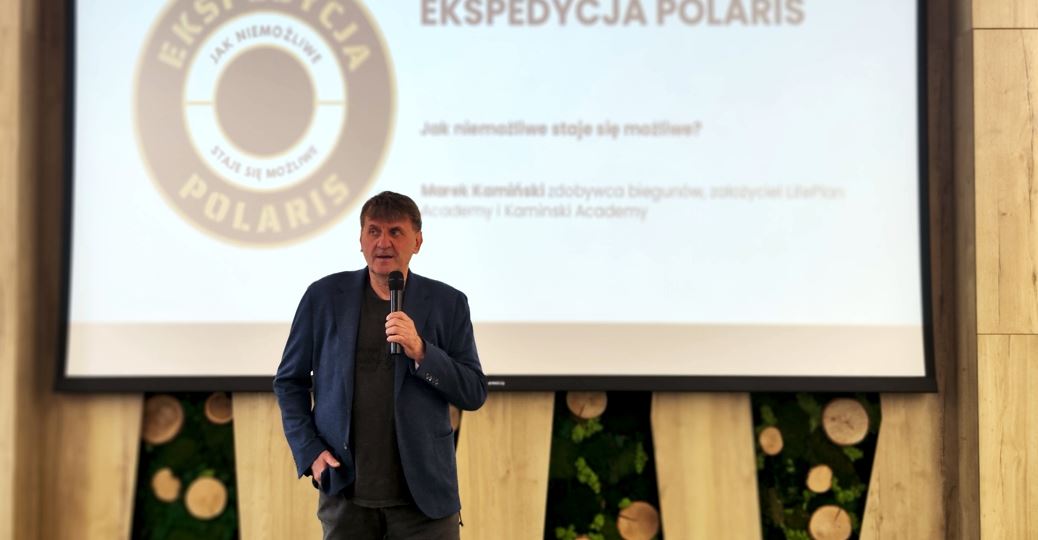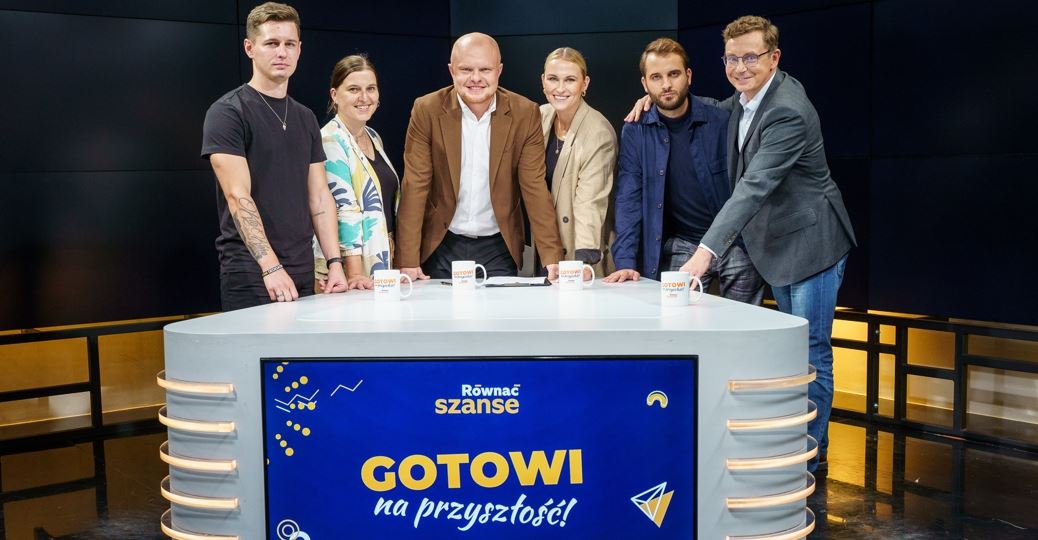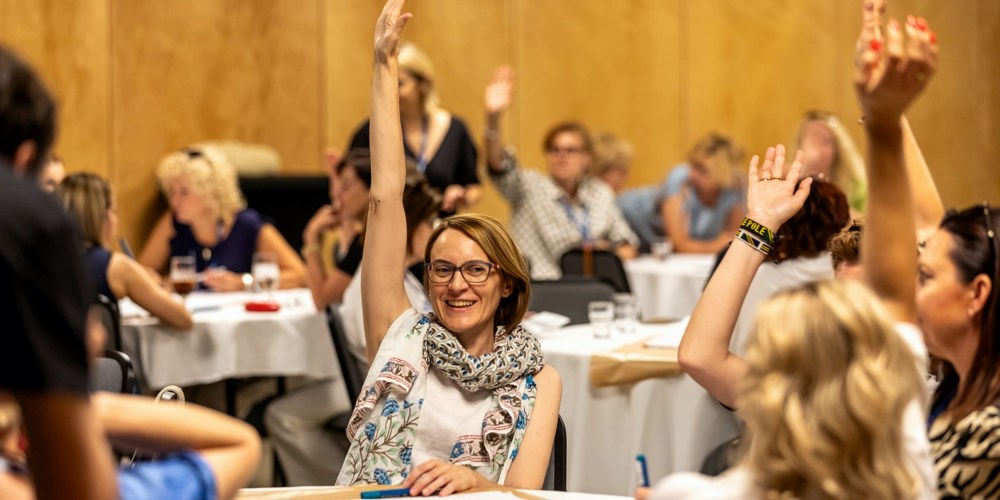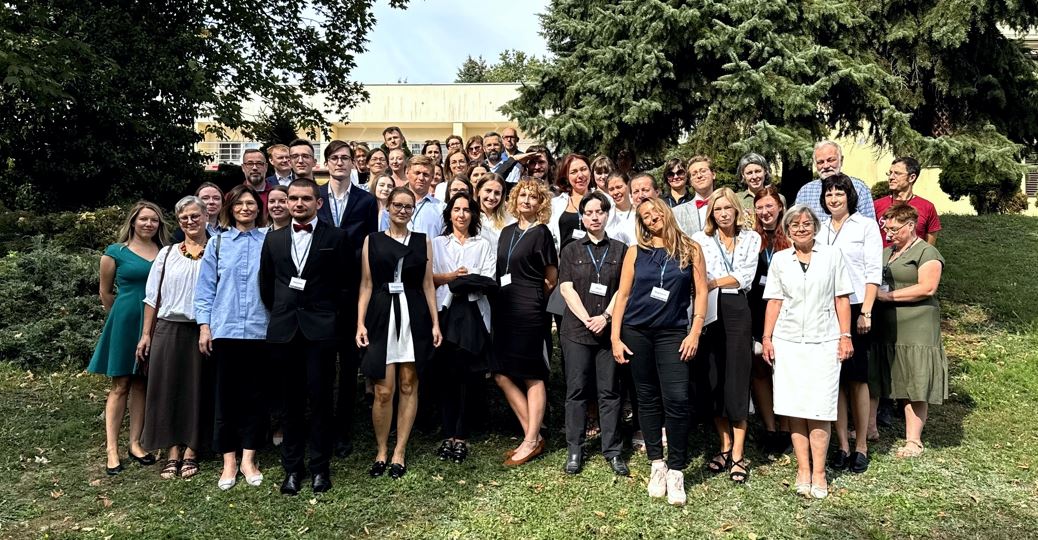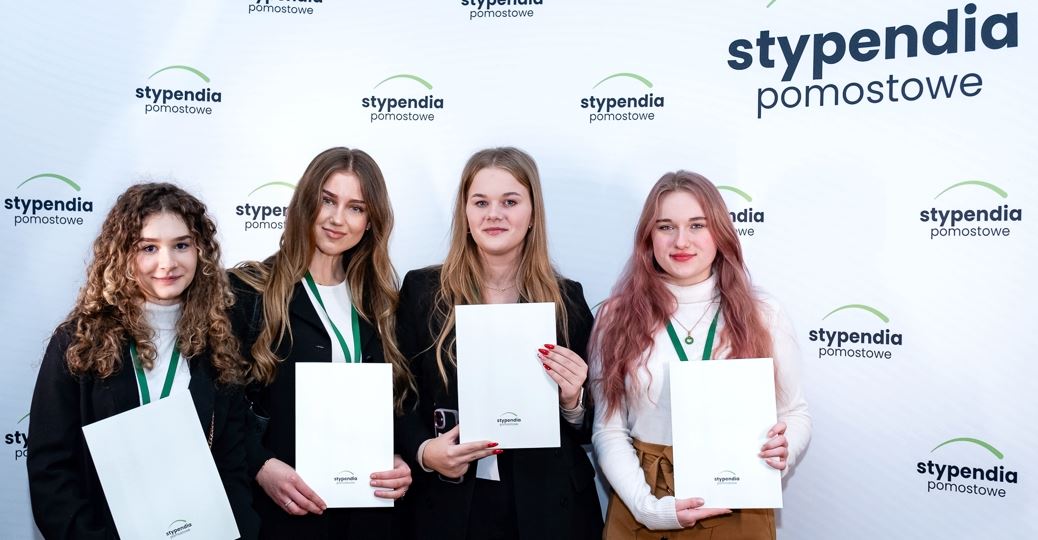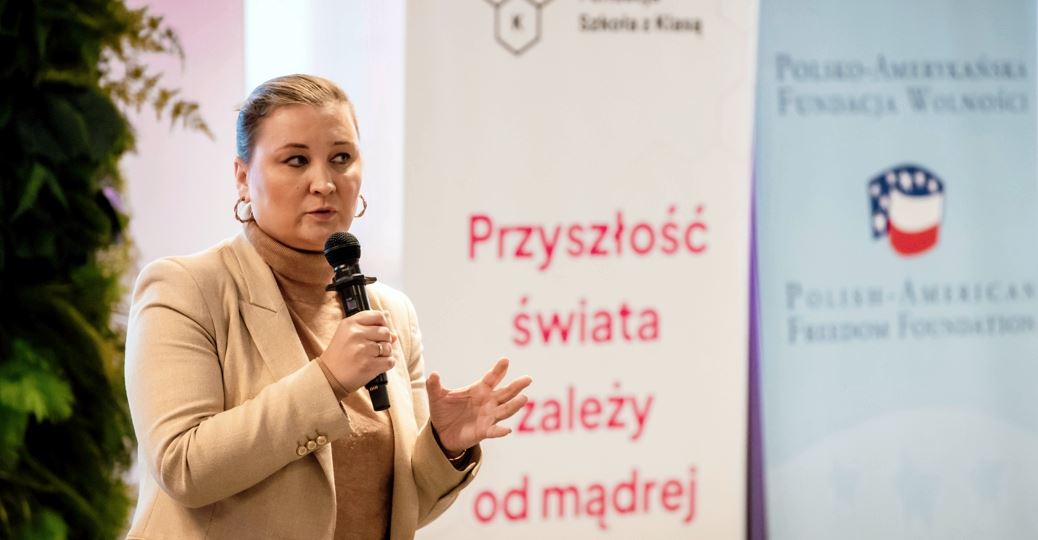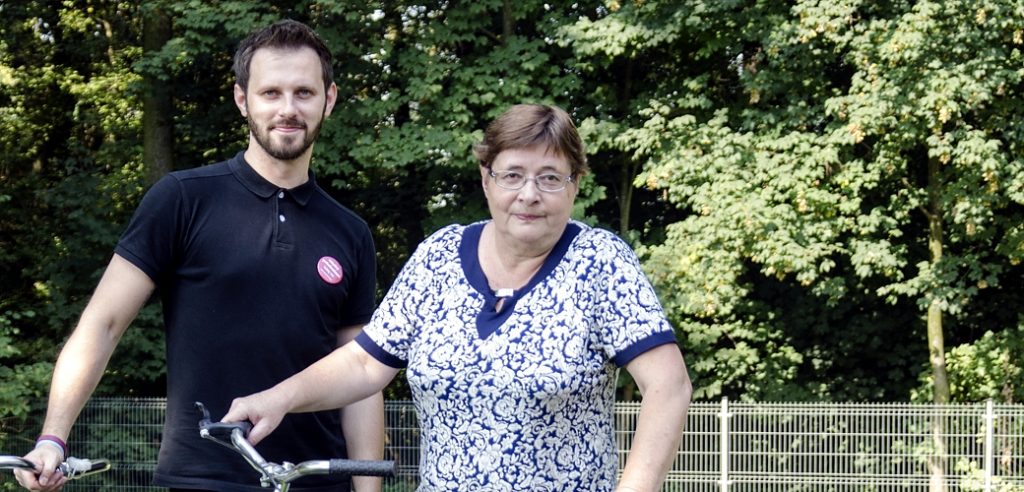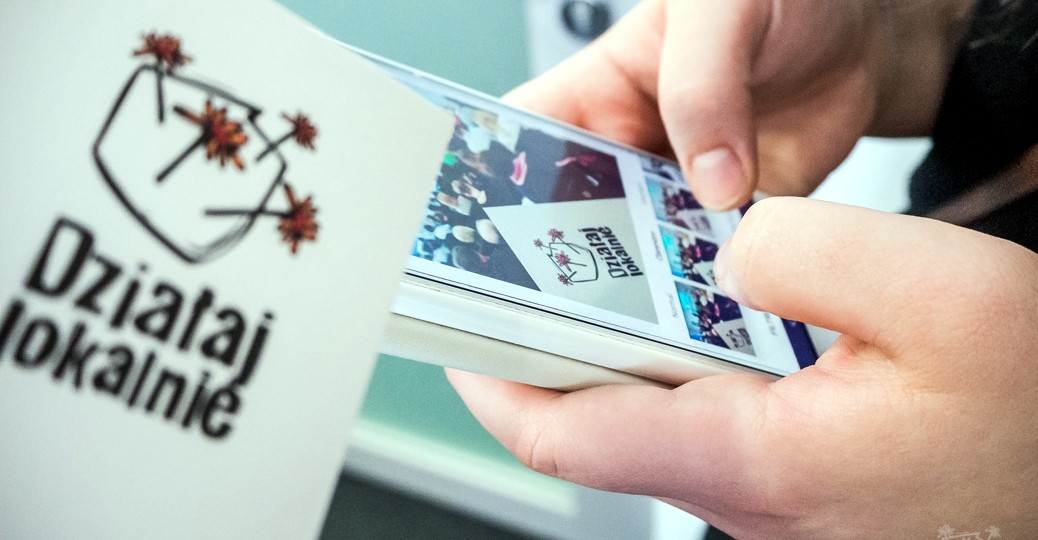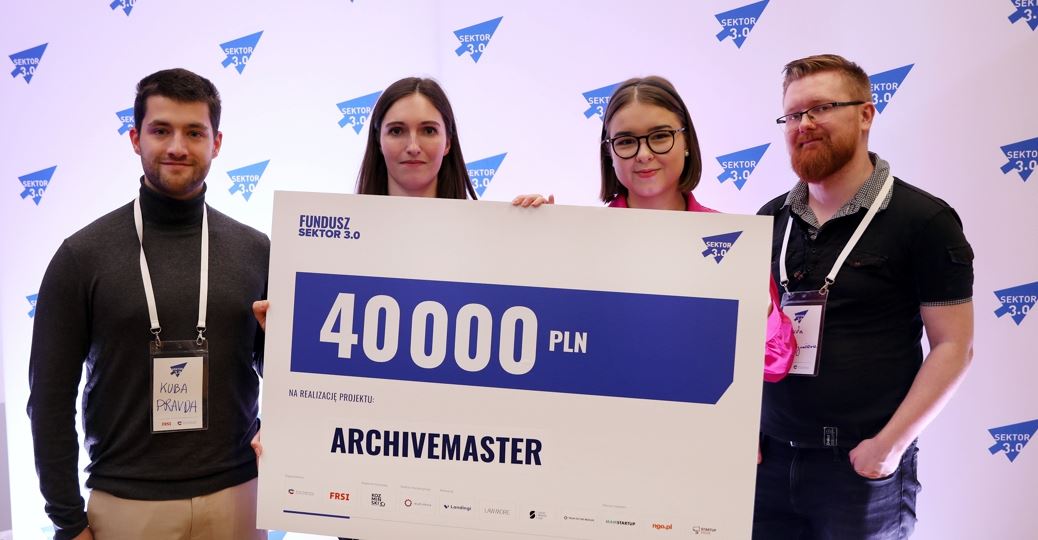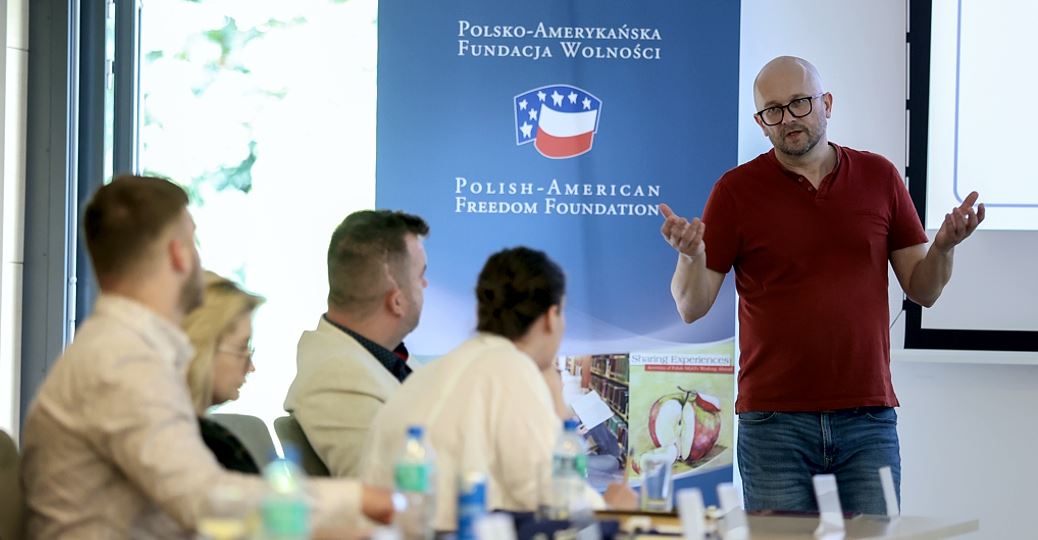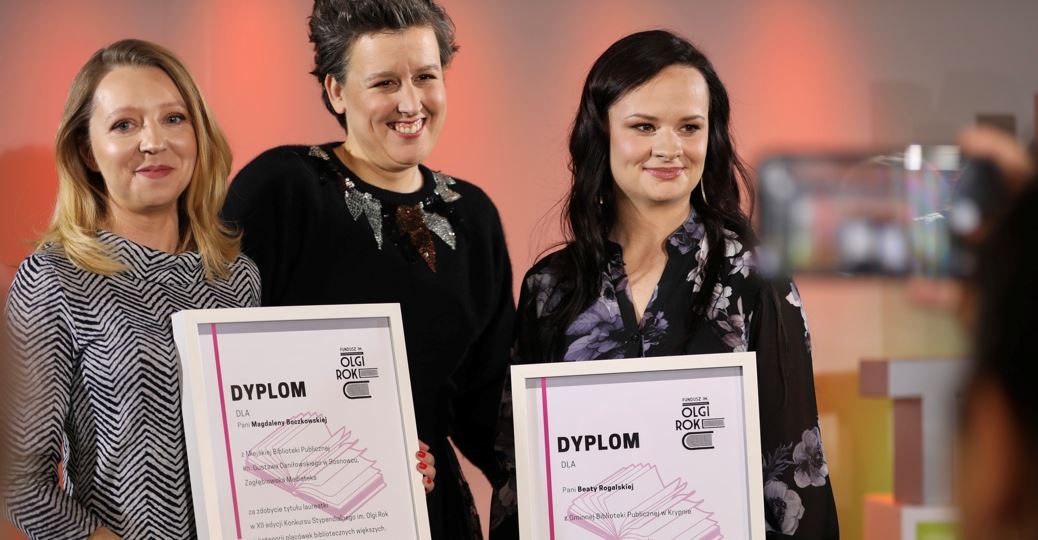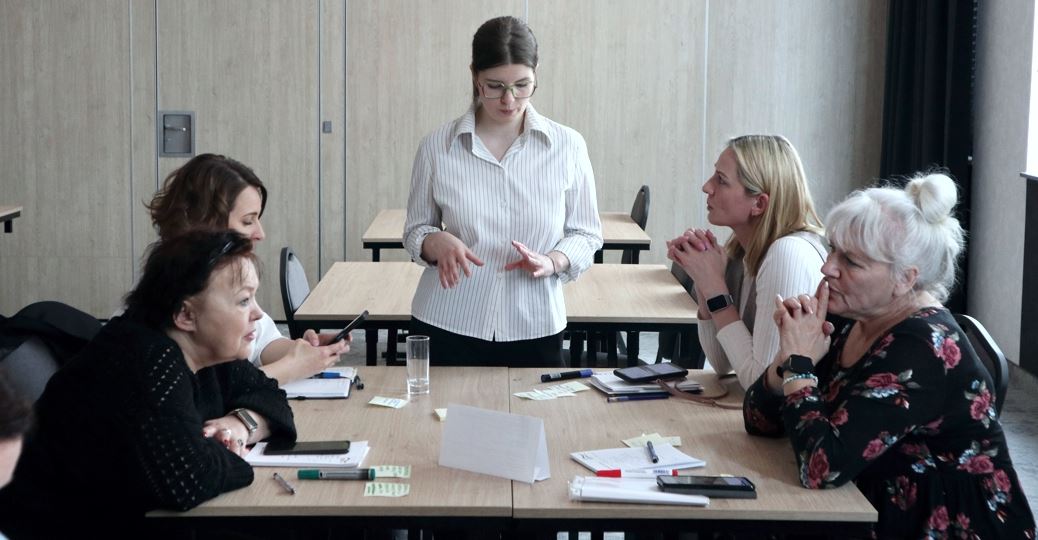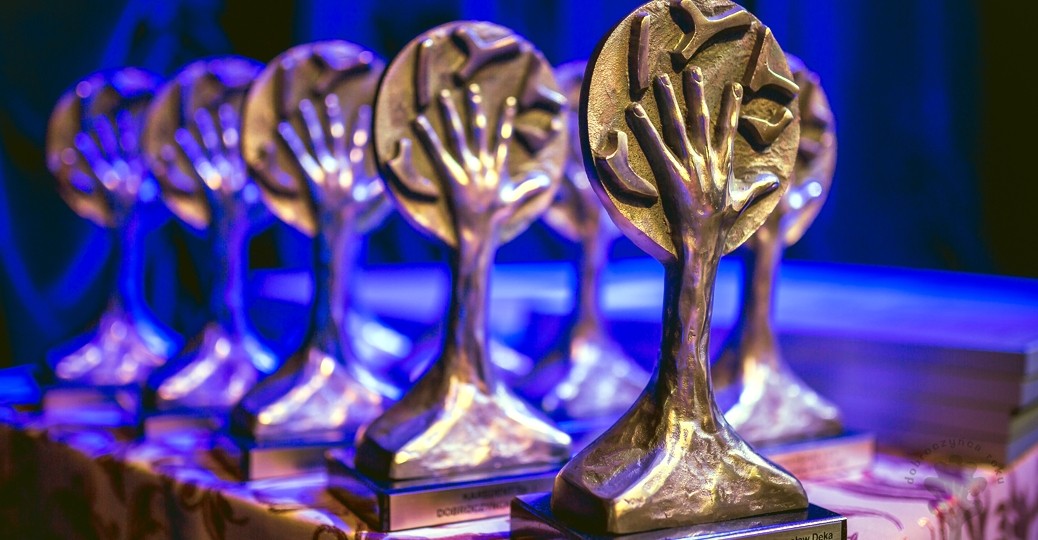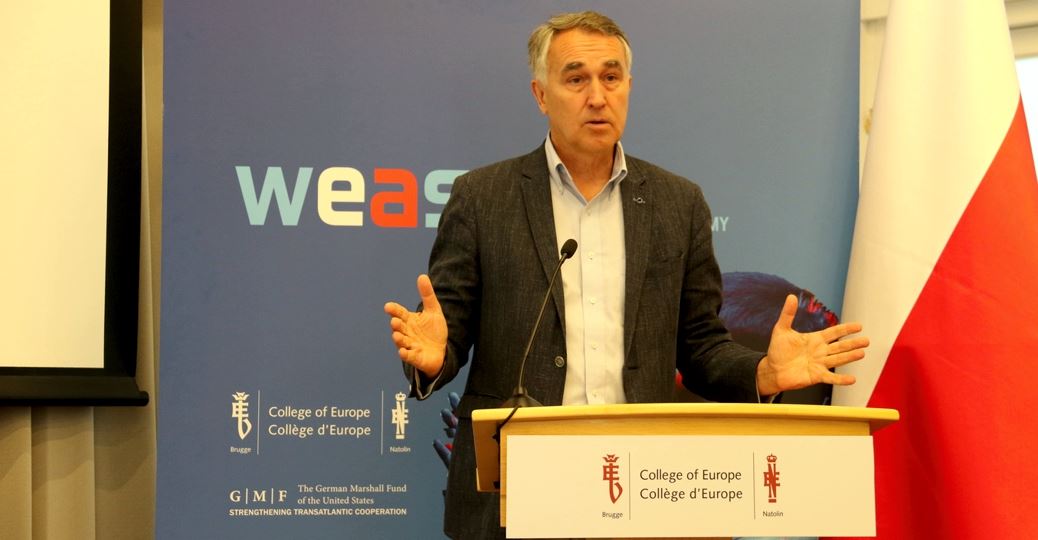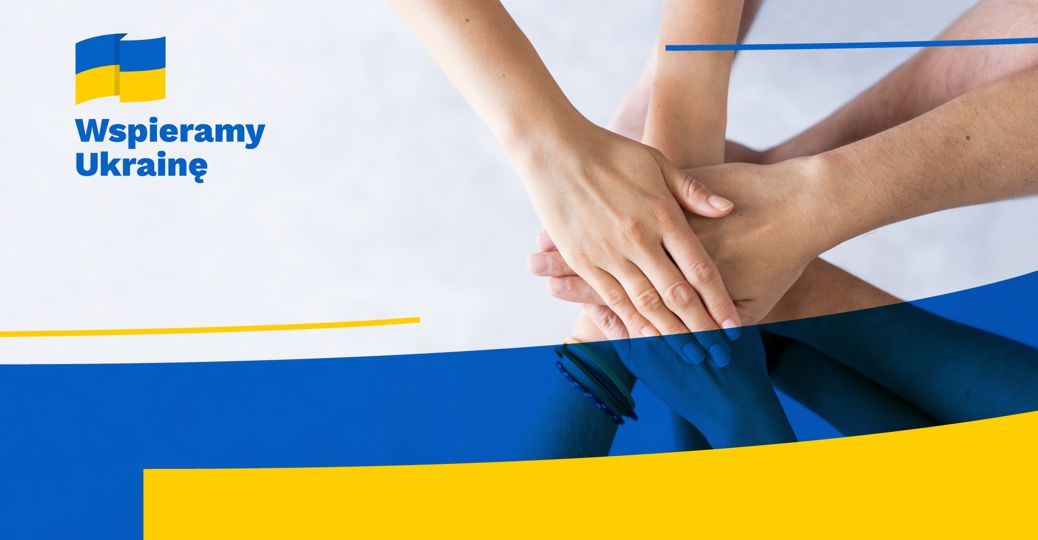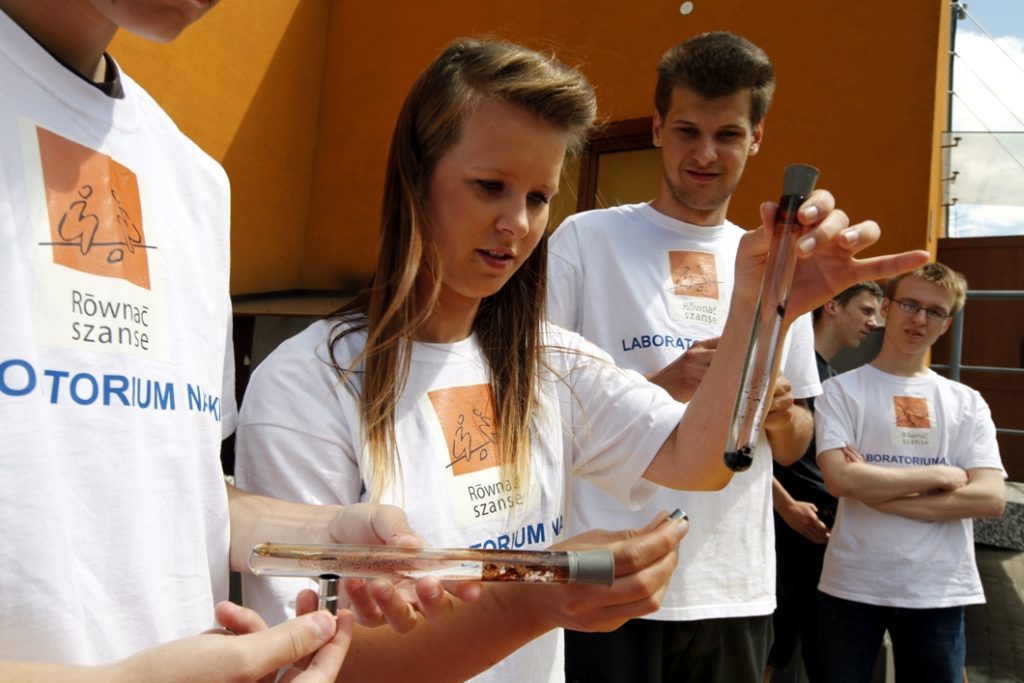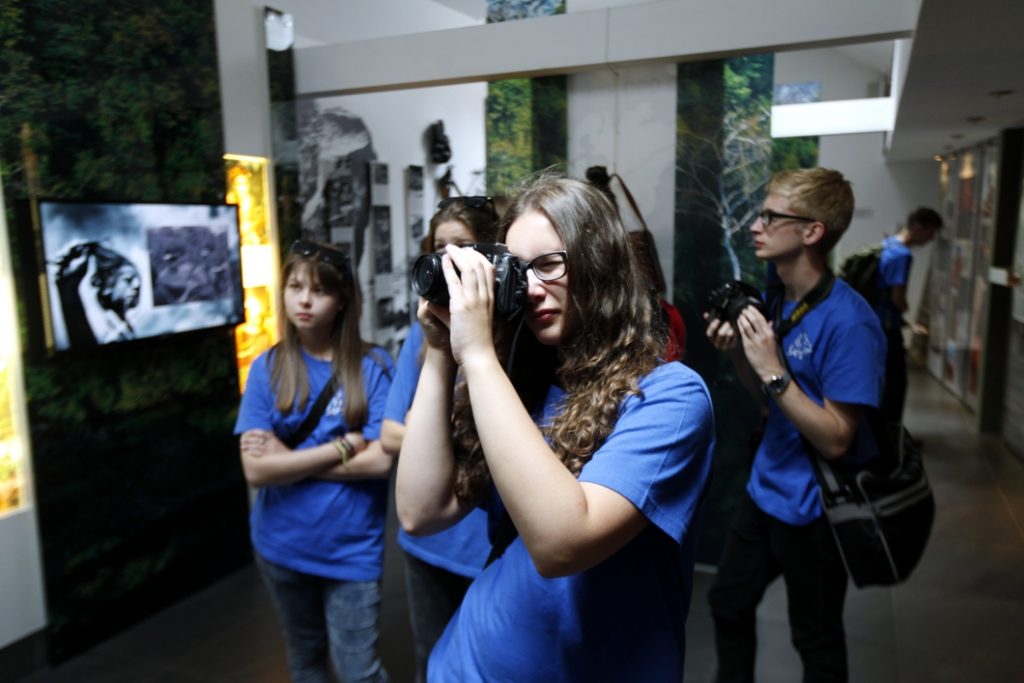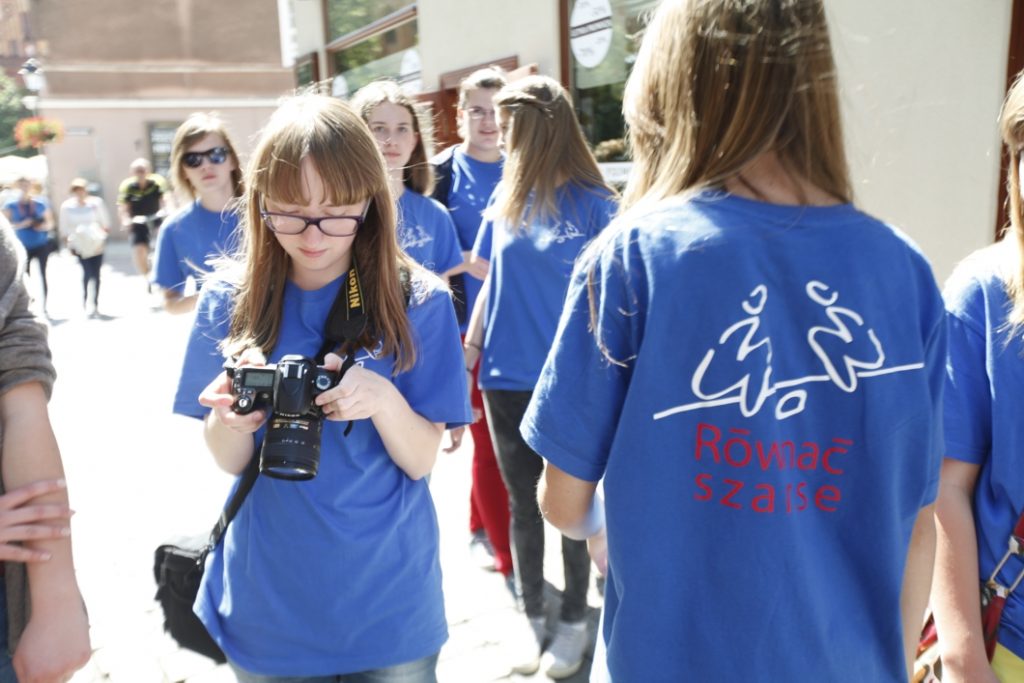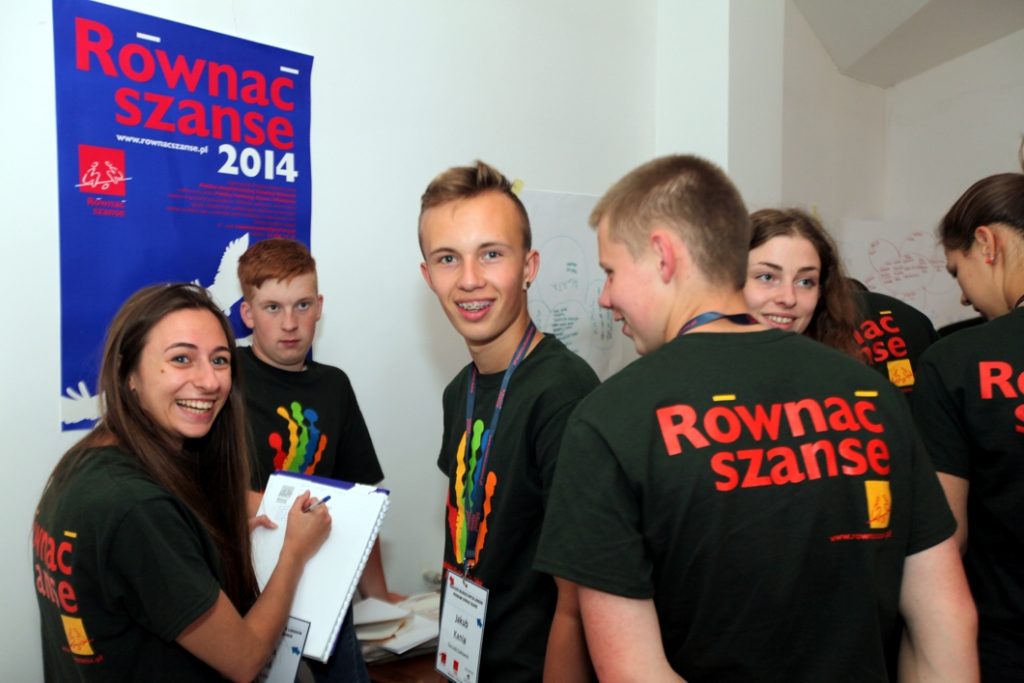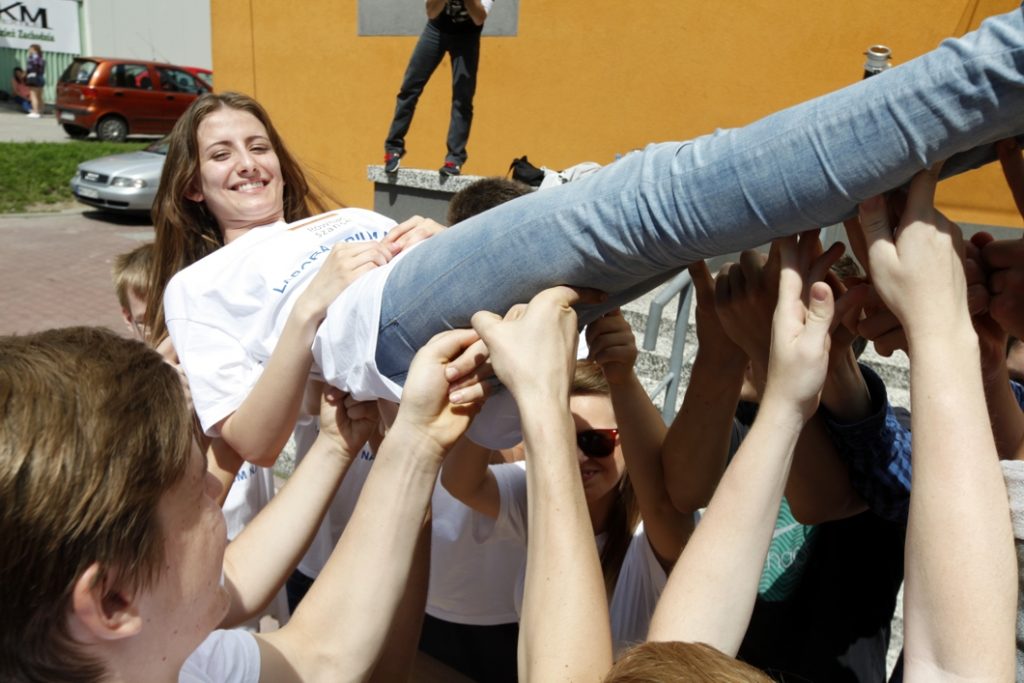The purpose of this program, initiated in 2001, is to support social initiatives aimed at equalizing the opportunities for a good start to adult life for rural and small-town children and youth by increasing their competencies and developing their social skills, such as teamwork, winning the support necessary to accomplish established goals, and planning actions to achieve them.
As part of the program non-governmental organizations, cultural centers, libraries, and informal groups apply for grants for projects that stimulate the aspirations of children and young people, are conducive to the fulfillment of the realistic goals they set on their own, help cope with emotions, develop active attitudes and openness, and encourage acting for the benefit of their communities. The projects give young people the opportunity to participate in classes extending beyond the standard educational offer of their schools.
In 2023, the “Large Grants” and “Small Grants” competitions channeled funding to a total of 111 projects. These included initiatives to promote pro-ecological activities, reclaiming public space by the young (e.g. by painting murals, or taking care of urban green spaces), broadening the scope of educational and cultural activities for youth, e.g., by organizing outdoor urban games or staging theatrical productions.
The program also offers training for project coordinators to increase their qualifications, teach project management with a focus on engaging youth as active creators, participants, and direct implementers of a given undertaking.
The program offer is complete with the Summer School for Young Leaders, whose every edition attracts more than 20 participants of “Equal Opportunities” projects. At the Summer School, young people spend a week of their holidays at workshops where they learn how to plan and implement social actions more effectively, and discover more about civic education.
In the twenty-three years of the program, more than 3,340 projects were carried out with almost 153,000 participants (indirectly: 516,000 people were involved). The program also contributed to the activation and integration of local communities to act for children and youth.
The third round of the “Ready for the Future” campaign took place in 2023. This initiative seeks to create a space where young people and adults can engage in exchanging experience and knowledge about the daunting challenges facing youth today. This campaign focuses on the mental health of young people, as well as the competencies indispensable to successfully navigating the current labor market. Similar to 2022, the Onet.pl portal acted as media partner, while the Orange Foundation and Martyna Wojciechowska’s Unaweza Foundation took on the role of partner organizations.
The “Equal Opportunities” program is the winner of the Janusz Korczak Award in the “Institutions and Organizations” category in 2023. The aim of the award, organized by the Korczak University – Academy of Applied Sciences, is to promote Janusz Korczak’s ideas and support changes in education by rewarding institutions and people who are guided by the principle of empowering children, as well as supporting children and their families in difficult situations, and creating environments favorable to a happy childhood.
The program enables the Foundation to support the Young Explorer Clubs initiative, which is a continuation of a model project initiated as part of the program in 2002 by the Education Society of Kłodzko, now carried out by the Copernicus Science Center. The purpose of the Young Explorer Clubs is to attract children and young people to the sciences. The YEC format helps young people learn through experimentation using simple, easily available materials.
Last year saw the twelfth international Young Explorer Clubs Forum, held at the Copernicus Science Center in Warsaw. The event gathered over 250 people from Armenia, Georgia, Ukraine, and Poland. The Forum is a contact and experience-sharing platform which promotes the Clubs. Nearly 1,100 units belong to the YEC network; over 200 operate in Georgia.
The Polish Children and Youth Foundation was Program Manager from 2001 to 2020.
The Foundation has disbursed $19,579,147, including $481,938 for the current edition.


